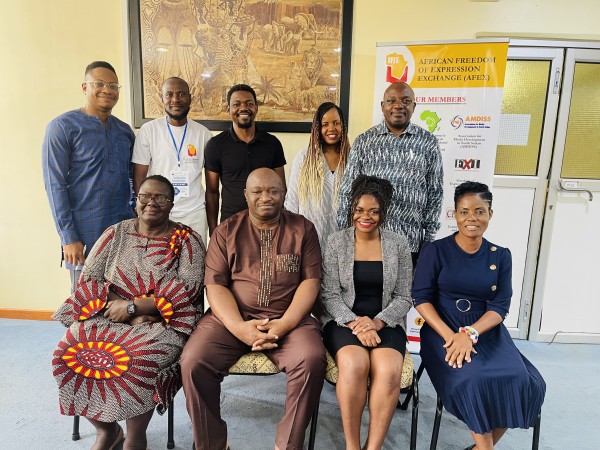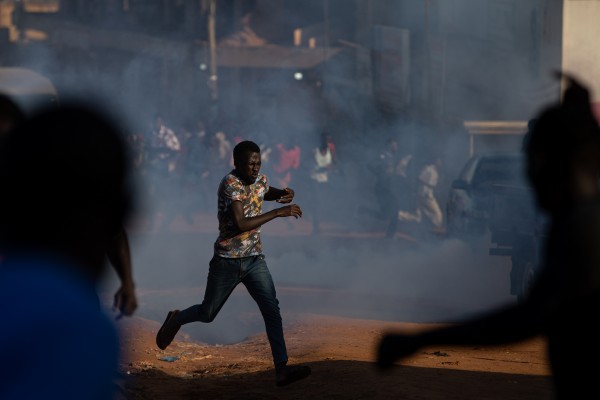The International Press Institute (IPI) is concerned at an apparent decline in press freedom in one of Africa’s hitherto most vibrant media environments. Uganda has recently seen a series of protests against rising costs and government corruption. At least eight people have been killed in violent clashes between security forces and protesters, and at least nine journalists were attacked while trying to cover the protests, according to Ugandan newspaper the Daily Monitor.
The government today placed the main opposition leader, Kizza Besigye, under preventive house arrest. Besigye has been leading “walk to work’’ marches.
In a recent development, President Yoweri Museveni, in a letter published in the New Vision newspaper on 17 May, accused the media, both national and international, of being “enemies of Uganda’s recovery”.
“Therefore, those who have been talking of the harmless ‘walks’ can see their mistakes. The media houses, both local and international, such as Al-Jazeera, BBC, NTV, The Daily Monitor, etc., that cheer on these irresponsible people are enemies of Uganda’s recovery and they will have to be treated as such. Why do they not also report the negative acts of these elements?”, the letter, published on New Vision’s website, quoted the President as saying.
Also last week, the Minister for Information in Uganda, Kabakumba Masiko, told the BBC that laws would be amended to deal with any journalist who was an “enemy of the state”.
Last month President Museveni said he wanted a new law to deny bail for six months to those arrested for rioting or causing economic sabotage, the BBC reported.
“The President’s statements seem to suggest that there is an ongoing identification of the media with the opposition in Uganda”, said Alison Bethel McKenzie, IPI Director. “Journalists are independent observers, whose role is to cover events and report the truth, and they must be treated as such. Treating the media as ‘enemies’ is counter-productive to the workings of a functioning democracy. President Museveni’s statements could lead to journalists being attacked or harassed.”


